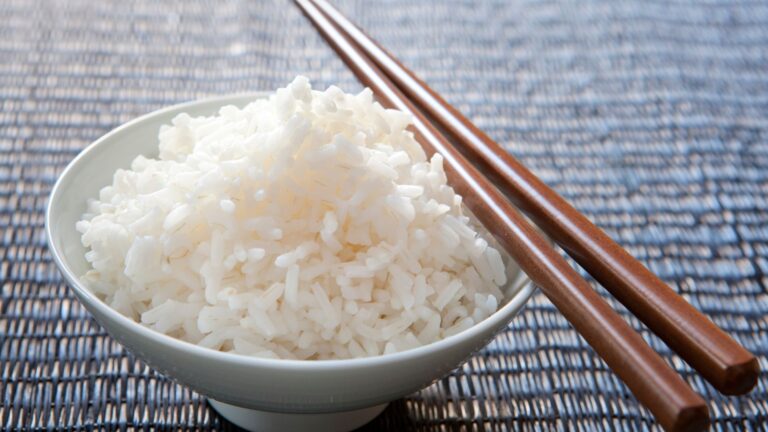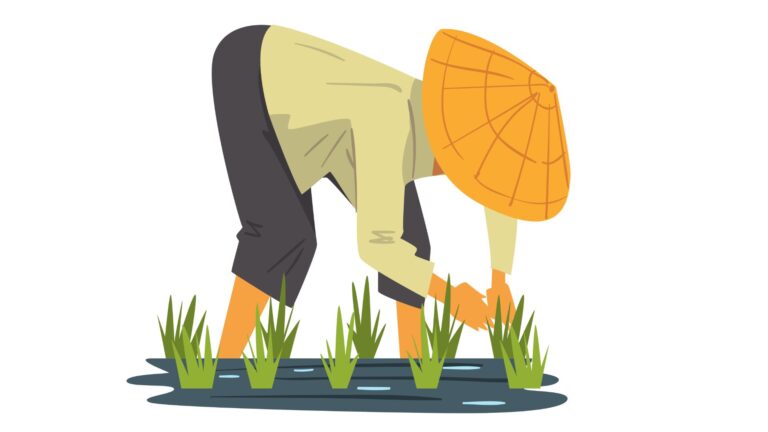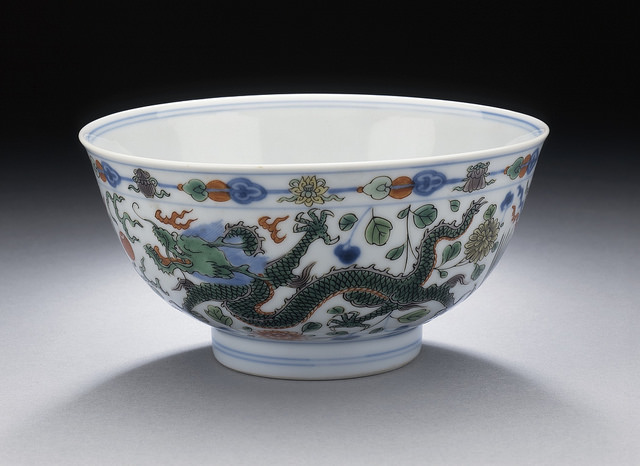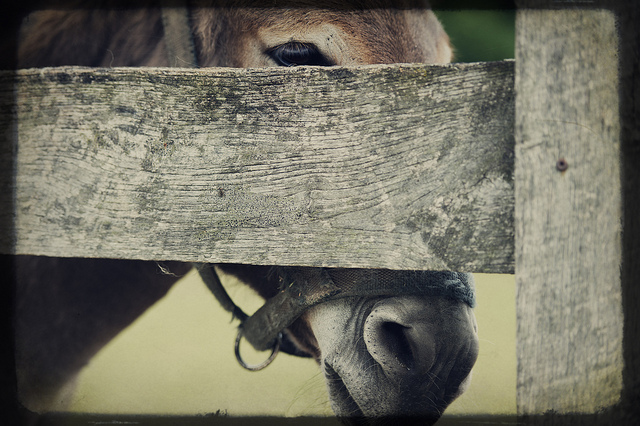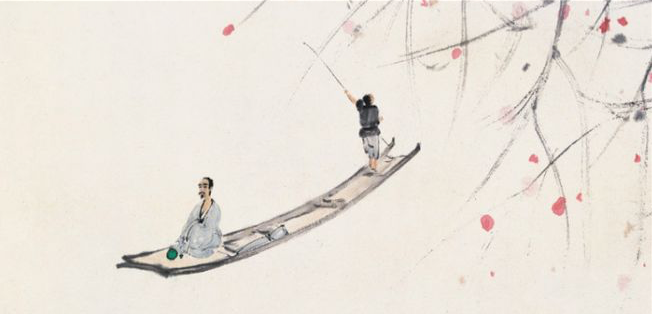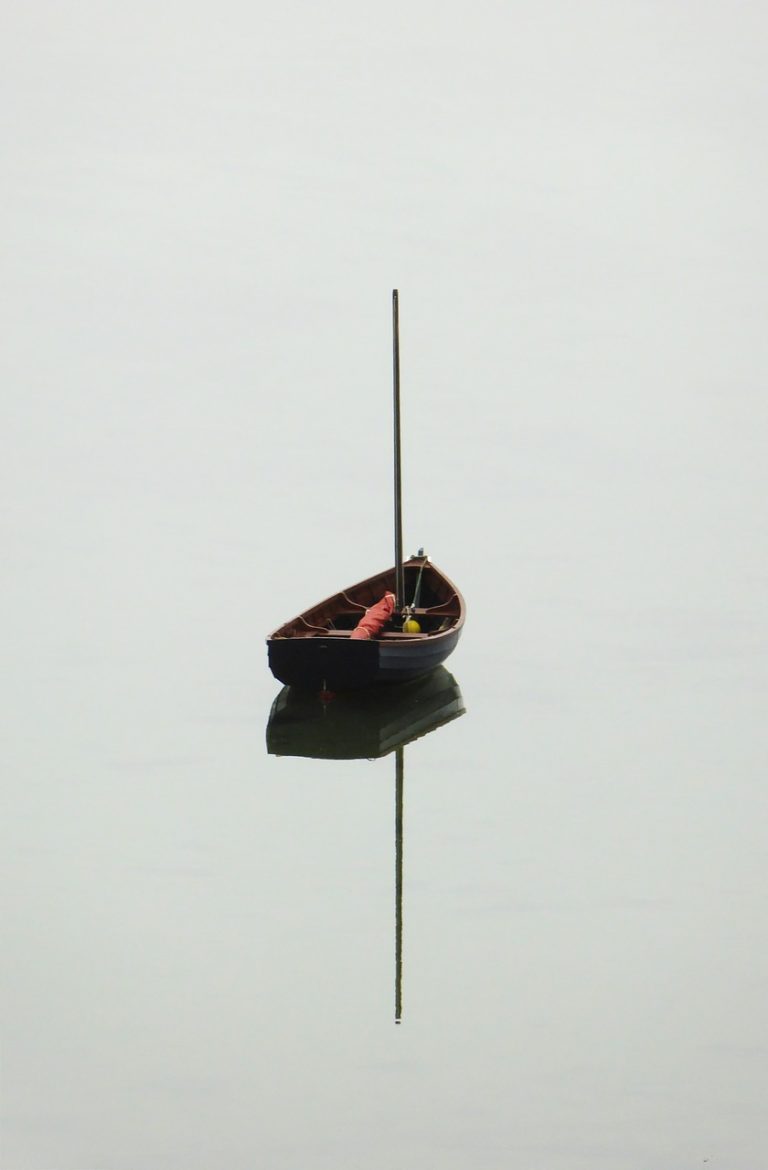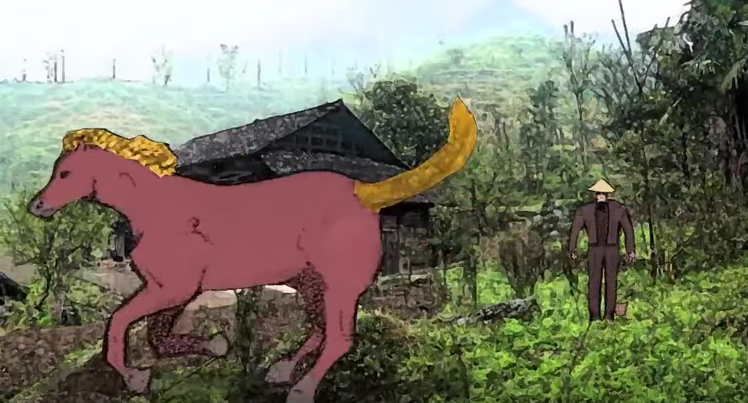Think About Not Thinking & Speak to the Universe
A young disciple, newly initiated into the practice of meditation, poses a seemingly simple question to the Master: “Master, what should I be thinking when doing meditation? Should I think about my place in the vast universe and the technique of meditation itself, or empty my mind of all thoughts?” The Master shakes his head…


